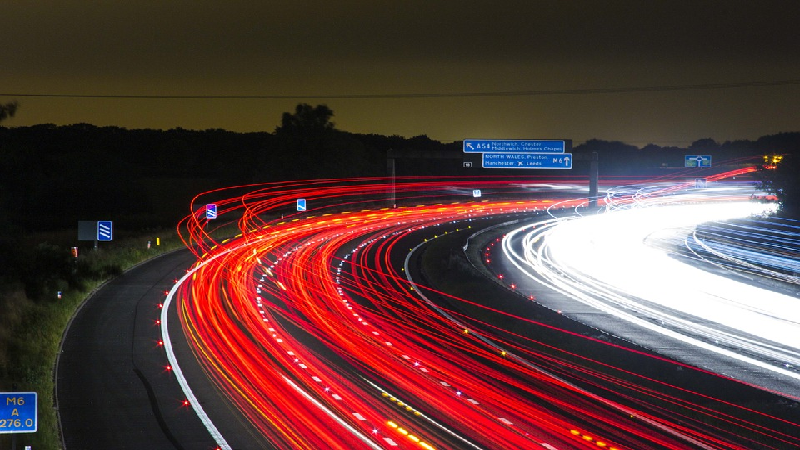As South African roads become busier – and more dangerous – during the festive season, the director of Justice Project South Africa, Howard Dembovsky, is critical of local, provincial and national government’s strategies dealing with road traffic management and collisions. His comments comes as transport minister Fikile Mbalula released the mid-season road statistics on Monday, stating that 589 people have lost their lives on the roads this festive season. While the figures have dropped since last year this time, it remains a concern.
“Road safety campaigns are nothing new in the country, yet we still have this unbelievably high rate of carnage on our roads,” he said.
Dembovsky explained that logically, the more traffic there is on the road, there more chance there is for conflict. He commented on the ramping up of law enforcement during the festive season, saying that while it’s okay to ramp up enforcement during this time, he wonders where that enforcement is during the rest of the year. Dembovsky argued that if government allows poor behaviour on the roads for most of the year and then suddenly shows high levels of enforcement for one or two months, it’s not logical to expect better road safety habits and behaviour.
“It is a given that it falls down to the behaviour of drivers of motorvehicles…Reckless driving is the leading cause of crashes – it always has been and always will be [and] this includes negligent driving,” said Dembovsky.
“Driving under the influence of alcohol is an act of recklessness. Driving through a red traffic light is an act of recklessness. Driving on the wrong side of the road is an act of recklessness”
Despite this, Dembovsky says reckless driving is almost never successfully prosecuted, although there are numerous convictions for negligent driving.
He says law enforcement continues to focus on the wrong things and suggested that there’s a worrying failure to successfully convict those guilty of driving under the influence, which sets a dangerous precedent for road traffic behaviour.
Commenting on national government’s proposals and strategies to combat these road traffic violations, Dembovsky says that solutions which entail jailing supposed drunken, reckless and negligent drivers or excessive speeders who are then kept in jail for a stipulated period of time before appearing in a court of law for a bail application are problematic because such procedures essentially assert that you are guilty before having any appearance in court.
This, he says, contradicts the principle of understanding within the criminal justice system in South Africa that holds that everyone is innocent until proven guilty.
Justice Project SA has also raised the question of whether extended, lengthy jail sentences are the solution to serious traffic violations. Dembovsky suggested that restorative justice methods such as ordered community service, healthcare facility duties and stints in mortuaries would be better suited to combating road traffic offences.
VOC






 WhatsApp us
WhatsApp us 

